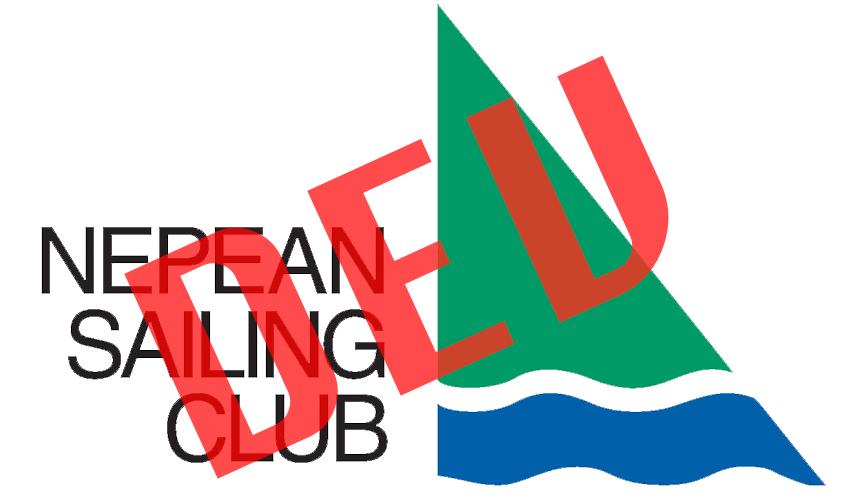I was recently asked whether a boat was entitled to redress, if their finish position was made significantly worse by another boat that was required to keep clear. The answer is maybe, but only under very specific conditions. RRS 62.1(b) (copied below) is very specific. Essentially, redress for such a situation must be based on “a claim … that a boat’s score [was]… made significantly worse by … injury or physical damage”. Very few people really understand this, and think they can claim redress if a boat that was required to clear causes them to lose positions in a race.
ISAF Case 110, a precis of which follows, makes this abundantly clear.
A boat physically damaged from contact with a boat that was breaking a rule of Part 2 is eligible for redress only if the damage itself significantly worsened her score. Contact is not necessary for one boat to cause injury or physical damage to another. A worsening of a boat’s score caused by an avoiding manoeuvre is not, by itself, grounds for redress. ‘Injury’ refers to bodily injury to a person and, in rule 62.1(b), ‘damage’ is limited to physical damage to a boat or her equipment.
Of course, there are other grounds for redress, as addressed in RRS 62.1(a), (c) and (d).
ISAF Cases (including the full text of Case 110), Sail Canada Appeals, and other useful references are available at https://nsc.wmtest.ca/an/racing/protests/cases-protests/.
Hugh Morrin
RRS 62 REDRESS
62.1 A request for redress or a protest committee’s decision to consider redress shall be based on a claim or possibility that a boat’s score in a race or series has been or may be, through no fault of her own, made significantly worse by
(a) an improper action or omission of the race committee, protest committee, organizing authority, equipment inspection committee or measurement committee for the event, but not by a protest committee decision when the boat was a party to the hearing;
(b) injury or physical damage because of the action of a boat that was breaking a rule of Part 2 or of a vessel not racing that was required to keep clear;
(c) giving help (except to herself or her crew) in compliance with rule 1.1; or
(d) an action of a boat, or a member of her crew, that resulted in a penalty under rule 2 or a penalty or warning under rule 69.2(c).
Page updated: 2015-08-03.
2015:
03 Aug: HM: File created.
